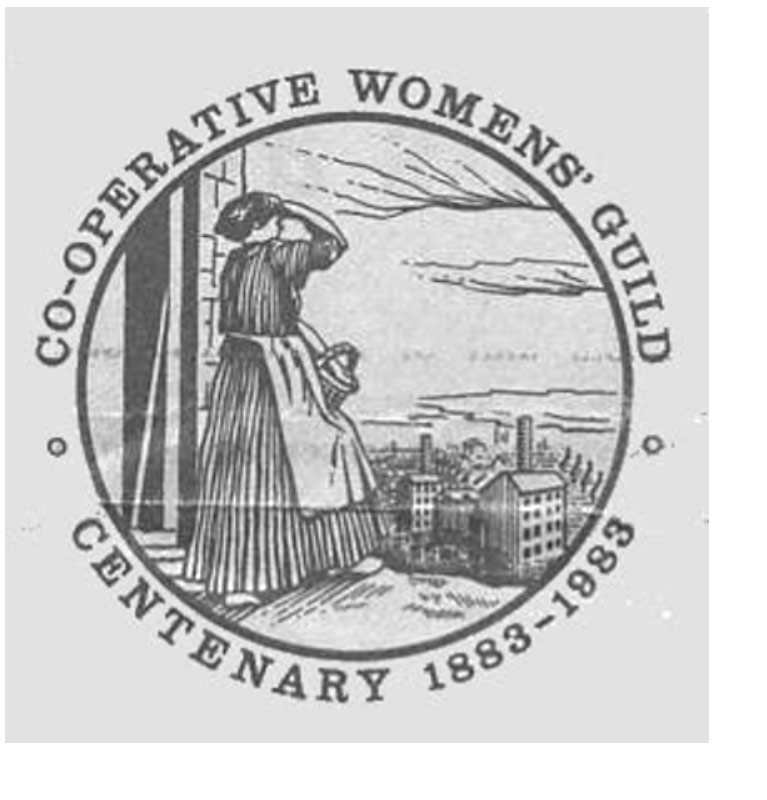
The Power of Working Together
The Women’s Co-operative Guild
The Rochdale Pioneers were the most notable movement in Rochdale to strive for social change. Born out of a frustration of mill workers who, despite working long arduous hours, faced abject poverty, rising food prices and no political representation. The Rochdale Society of Equitable Pioneers was one of the world’s first co-operative organisations. The aim of the cooperative was that a group of consumers could own a business where they all work together for the good of the community not just aim for profit. In 1844, the group established the Rochdale Principles including the promotion of education, open membership and democratic control allowing every member to have a vote regardless of gender.
The group then established their first ever shop that initially offered very little, however the business grew over the next few months. By 1854 the British co-operative movement had taken up the Rochdale Principles and by 1864 the North of England Co-operative Society was born. That first shop is now the Rochdale Pioneers museum.
Although the co-operative movement promoted equal suffrage, it could be challenging for women to source their own membership fee required to join the society, as men traditionally controlled the finances therefore membership would be in their name. Alice Acland saw the need to set up a sub group to focus on promoting women’s interests and she became the leader of the newly formed Co-operative Women’s Guild in 1883. They had a unique ethos where both middle and working class women would work together as equals to improve the lives of working women as opposed to middle classes dictating policies.
By the late 1800s it was becoming clear that women were making the spending decisions in most working households and were the bulk of the co-operative’s consumers known as the ‘power basket’. The Guild’s President, Margaret Llewellyn-Davies wanted to harness this spending power and use it to push for change within the movement itself and women’s suffrage.
The Women’s Guild were, therefore active campaigners for women’s issues adopting the suffragists methods as opposed to the more militant suffragettes. They campaigned for maternity and infant care, and promoted education on contraception and sexual health information for women. They even established the Shipley Society co-operative maternity care centre in 1920, an invaluable service for working women pre NHS.
The Co-operative Women’s Guild ceased in 2016 after 133 years of campaigning for the rights of working women due to a lack of membership. The Co-operative group itself though boasts services in food, funeral care, legal services, banking and academies has a net worth of 72 million and 4.6 million members (as of 2017).
Useful Links
(We take no responsibility for links to external websites. We have no control over the nature, content and availability of external sites. The inclusion of any links does not necessarily imply a recommendation or endorse the views expressed within them.)
